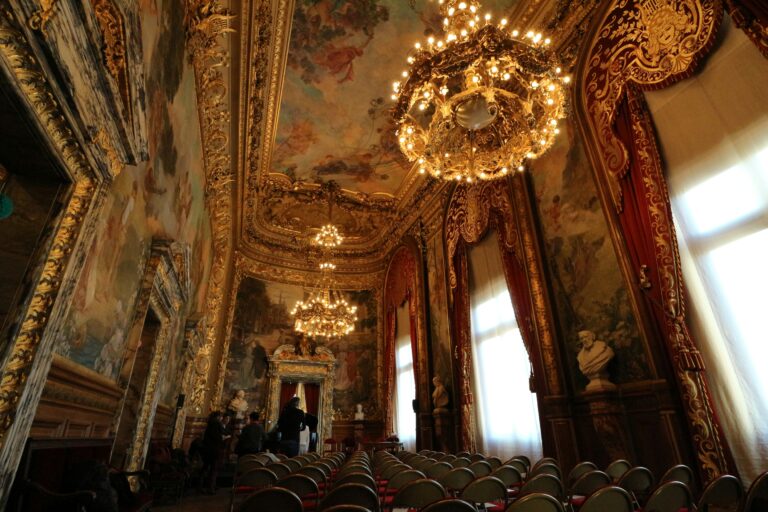bref
The French word bref is versatile, functioning as an adjective, adverb, and discourse marker. Its primary meaning relates to brevity, but it also serves as a conversational filler to summarize or transition between thoughts.
Meanings and Usage
Adjective – “Short” or “Brief”
- Describes something of limited duration or length.
- Un résumé bref → A short summary
- Une rencontre brève → A brief meeting
Adverb – “Briefly” or “In short”
- Indicates conciseness in speech or writing.
- Il a expliqué la situation très brièvement. → He explained the situation very briefly.
Discourse Marker – “Anyway,” “In short,” or “Long story short”
- Used in spoken French to wrap up a discussion or shift topics.
- J’ai attendu longtemps, j’ai finalement renoncé… bref, c’était une perte de temps. → I waited a long time, I finally gave up… anyway, it was a waste of time.
Etymology
The word bref originates from the Latin brevis, meaning “short” or “concise.” This root also appears in English words like brief and brevity. Over time, Old French adopted bref with the same essential meaning, which has persisted into modern usage while expanding into its discursive role.
Nuances in Context
- In formal writing, bref is used literally to denote conciseness.
- In casual speech, it often functions as a verbal pause, similar to English “so” or “anyhow.”






